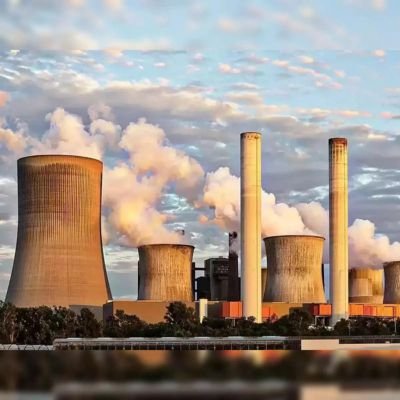In terms of growth and development, the power generation industry is the foundation of any nation. This industry has always been under intense pressure to deliver clean, sustainable energy in the most economical and efficient manner possible, despite the fact that the process is rather traditional and requires a highly developed system to get the necessary results. A few technologies, such as steam turbines, gas turbines, hydropower plants, etc., transform traditional thermal, wind, or fluid energy into usable power in its raw form. Nevertheless, these power plants experience significant high-temperature corrosion and erosion of vital components, which is mostly caused by aggressive gasses such as H2S, HCl, and others, frequently in conjunction with metal and alkali chlorides that are created during the burning of fuel.Thermal spray coatings based on ceramic, carbide, and cemet play a major role in extending the lifetime and performance of components, hence boosting power plant thermal and electrical efficiency.
